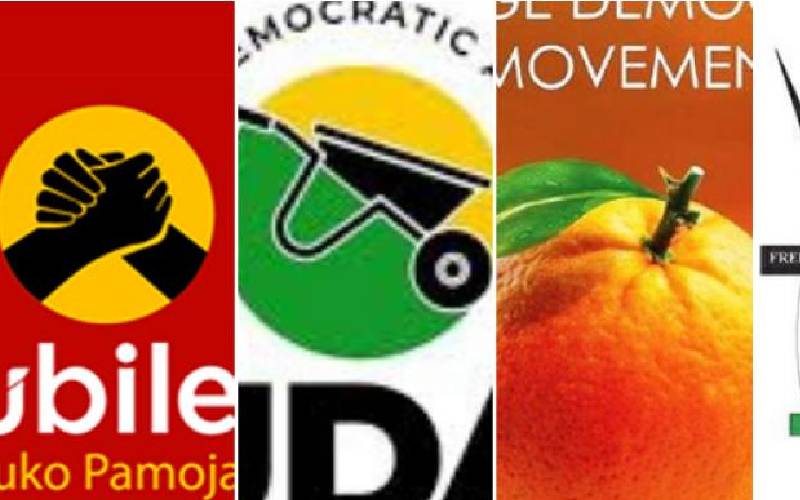×
The Standard e-Paper
Home To Bold Columnists

Since the birth of democracy, various forms of multiparty political systems have been introduced around the world.
Today, therefore, we live in times when more countries than ever before decide on their leaders through multiparty elections—and where more people than ever before are governed by rulers of their ‘choice’.